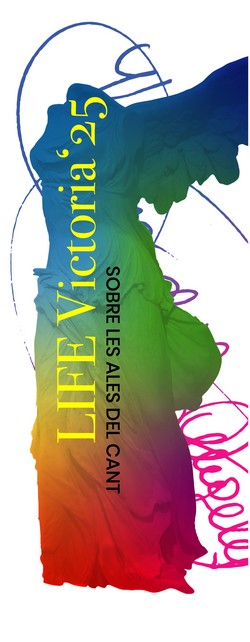- Details
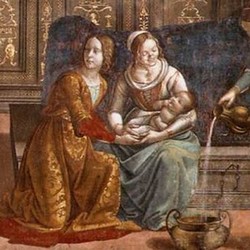
When Das Marienleben was premiered, in June 1923, Paul Hindemith was twenty-seven. He wasn't unknown, either as an interpreter or as a composer, at least among the connoisseurs. Schott had been interested in his music a few years ago, and the publisher and the composer had just reached an agreement that guaranteed Hindemith a monthly allowance. This regularity of income would allow him to leave the concertino place at the Frankfurt Opera, which he had rejoined after the war [...]
- Details
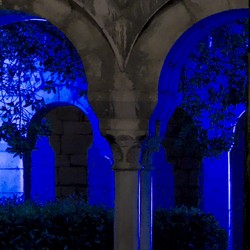
This article will be published on the 1st of September, but I am writing it in the middle of the Schubertíada. They're days of intense work, of enjoying wonderful music, of gathering impressions, of reflecting, of taking notes for future articles, but not of sitting down to write calmly.
- Details
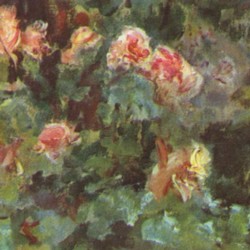
The sapphic strophe was originated at the Ancient Greek, and is named after the poet Sappho. It also was used by Horace and other Roman poets, and eventually its metre was adapted to the different European languages, keeping its original structure. It was easy to illustrate this strophe with an example in the Catalan version of the post, because Spanish literature lesson plans in the high school used to include Romantic poet Gustavo [...]
- Details

We all have in mind the scene: a boy with an apple on his head and his father, fifty paces away, who has to shoot an arrow through the apple. It's the punishment for having refused to uncover his head before the hat of the Austrian governor Hermann Gessler, a way to accept the subjection to the Habsburg demanded to the inhabitants of Bürglen.
- Details
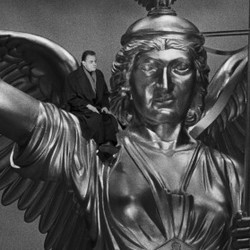
At Der Himmel über Berlin (Wings of Desire), Wim Wenders' film, the angels wander around the city, invisible to everyone but children; they observe the lives of humans, but they can't interfere. Eventually, we know an angel that renounced to its immortality to become a person, and lives between the Berliners.



